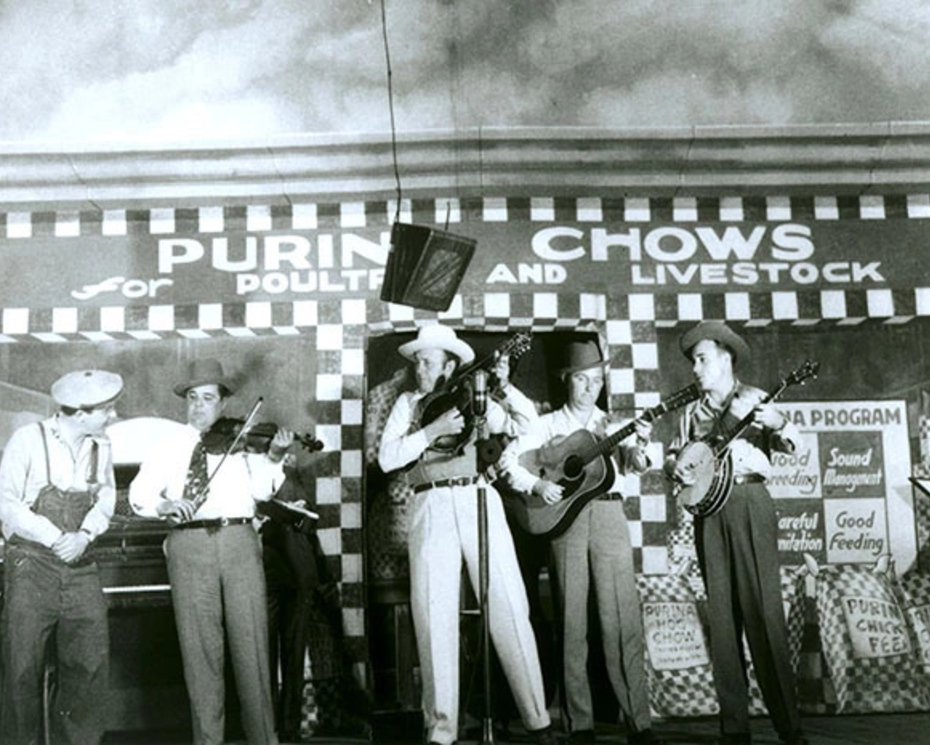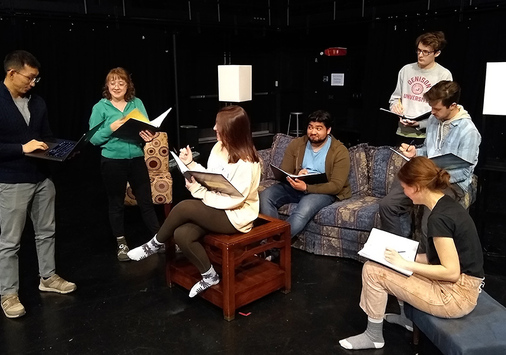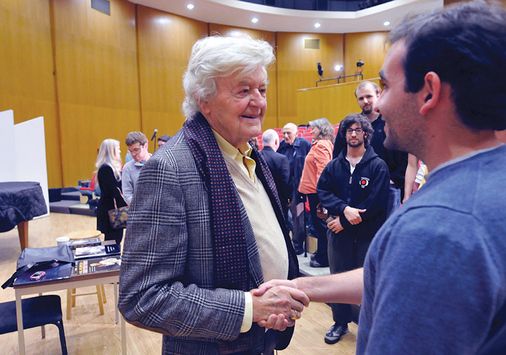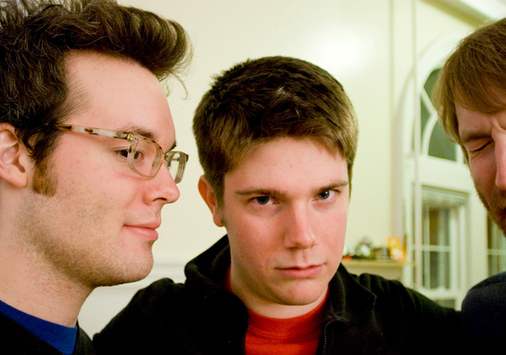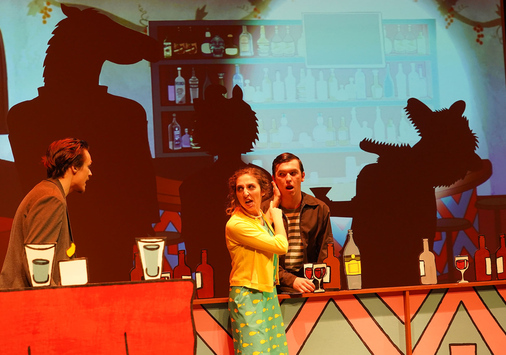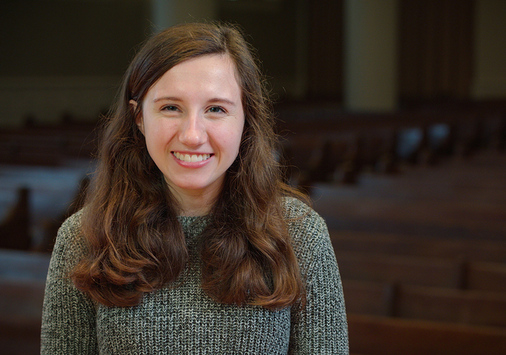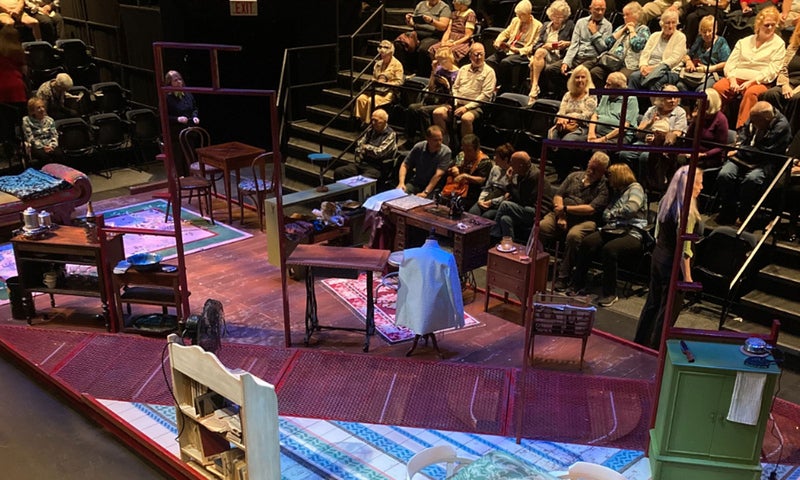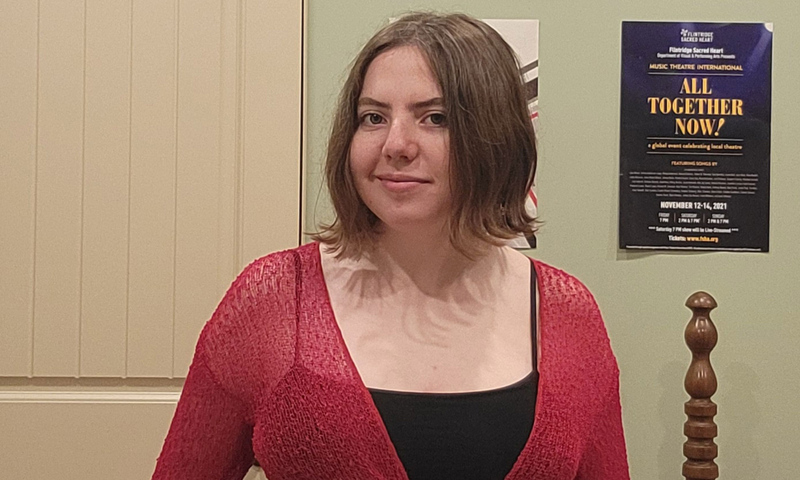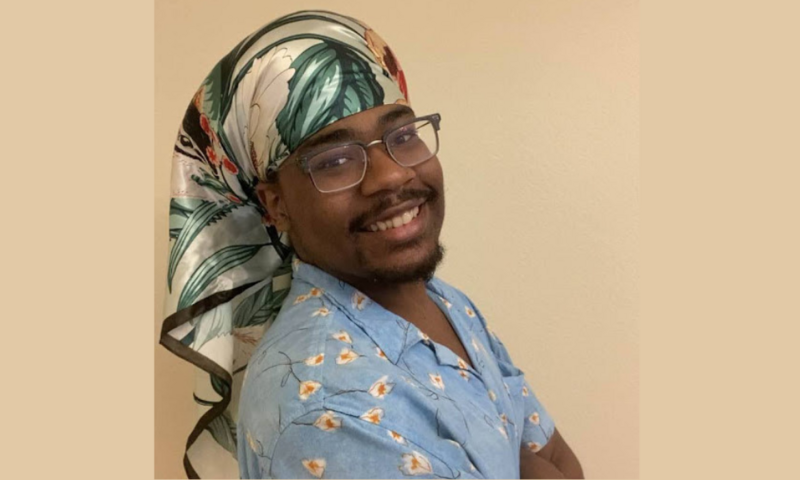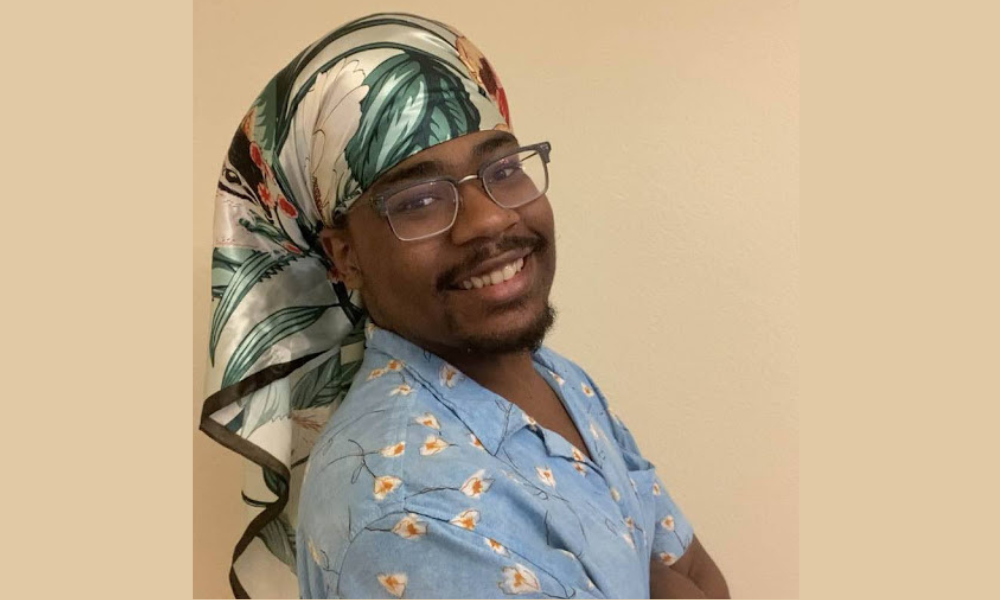
Visiting Assistant Professor Braxton Rae has worked with engineers and actors, published in academic journals, and directed experimental theatre.
And now, at Denison, they sit in their office with a bouncy ball in hand, talking about creativity, curiosity, and play.
For all the impressive lines on their resume, Rae’s philosophy of art is simple.
“Everyone is a creative being,” Rae says. “We just sometimes forget.”
Rae believes that children are the best artists, because children understand an idea that adults often lose — that art is born from playfulness.
It’s a philosophy Rae carries into both classroom and rehearsal hall. Each of Rae’s classes includes a running “list of ideas” where students add at least one creative thought a day.
The goal of the exercise isn’t to produce masterpieces but to rediscover the idea that inspiration flows naturally when you give it space.
This is reflected in the approach that Rae has towards their upcoming production, Rules For Living. Instead of arriving with blueprints or fixed visions, Rae begins design meetings by evoking the senses: Here’s how this play smells, if it had a smell. Here’s how it tastes, if it had a taste. From there, lighting, set, and costume designers respond with their interpretations, gradually shaping a world together.
In rehearsals, Rae takes time with deep character work before anyone steps on stage, allotting several days to reading and analyzing the play, asking actors questions about their roles that only they can answer.
Once that groundwork is in place, Rae encourages freedom: “Go wild,” they tell the cast. The blocking and movement of the play take shape from the actors’ first raw impulses. Playful discovery comes first and precision later, when the improvisations are refined into something deliberate.
That balance of looseness and exactness is especially crucial in Rules for Living, a play that sets constraints on itself as the show goes on. Bizarre behavioral rules are gradually imposed upon the characters, such as sitting down to eat whenever they lie or constantly switching accents. The comedy is sharp, but the technical challenge is steep. “The blocking has to be very precise,” Rae says. The goal is to avoid making the characters a caricature of their rules.
“These people are more than their rules,” Rae says. “Our job is to make sure they stay human.”
For Rae, the word “our” is key. They see themselves not as a commanding director but as a “facilitator of discovery;” for them, creation is a back-and-forth between actors, designers, and audience. They chose Rules for Living because it challenges the cast, but also to make the audience think.
Rae hopes that audiences will leave the play reflecting on their own “rules for living” and the core beliefs that have shaped them. And for students, Rae hopes the play is a reminder that, “You don’t need to be aiming for perfection. Because if you do, you’ll be disappointed.”
Rules for Living
By Sam Holcroft
Directed by Braxton Rae Hylbert
Family Studio Theatre, Eisner Center
Everyone creates their own coping strategies or rules for living. But what happens when an extended family gathers in the kitchen for a traditional Christmas and they each follow those rules, rigidly? In Sam Holcroft’s theatrically playful, dark comedy, the family does just that. Long-held rivalries and resentments play out, accusations fly, relationships deconstruct, and the rules take over.
This amateur production of Rules for Living is licensed by Casarotto Ramsay & Associates Limited.
Performance dates and times are as follows:
- Friday, Oct. 24, at 7 p.m.
- Saturday, Oct. 25, at 7 p.m.
- Sunday, Oct. 26, at 2 p.m.
- Thursday, Oct. 30, at 7 p.m.
- Friday, Oct. 31, at 7 p.m.
- Saturday, Nov. 1, at 7 p.m.
- Sunday, Nov. 2, at 2 p.m.
The performances are free and open to the public, but tickets are required and may be found at artsatdenison.ludus.com.
